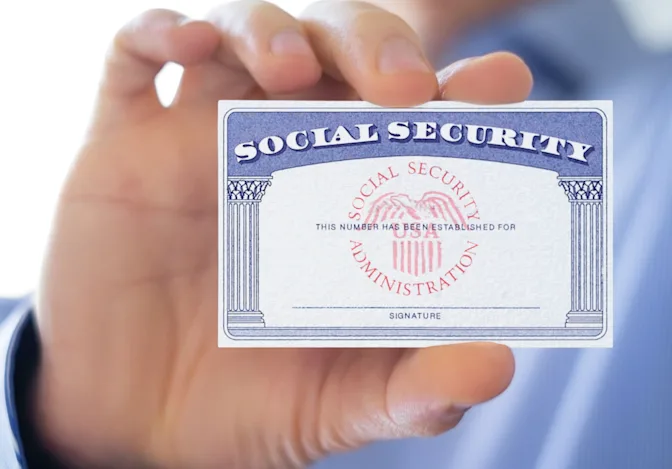
How to Tell if You're on a Scam Call
In our increasingly connected world, phone scams have become more sophisticated and prevalent. Scammers prey on our trust and fear, making it crucial to stay informed about how to spot these devious schemes. Here are eight tips to help you identify a sophisticated scam call and protect yourself.
1. Recognize the Caller's Tactics
Scammers often impersonate trusted entities like the Federal Bureau of Investigation or the Internal Revenue Service to instill fear. They may claim there's a warrant for your arrest or demand payment to avoid legal trouble. Remember, real government agencies will not call to threaten you or ask for payments over the phone.
2. Beware of Payment Demands
Scam calls frequently involve requests for payment via untraceable methods like cryptocurrency, wire transfers, or gift cards. Legitimate businesses and government agencies will never insist on such payment methods.

3. Verify Suspicious Calls
If you receive a call from someone claiming to be from a bank or government agency, hang up and call the official number to verify the claim. Do not use any numbers provided during the suspicious call.
4. Don't Trust Caller ID
Scammers can spoof caller IDs to make it appear as though the call is coming from a trusted source. Always verify the identity of the caller through other means before providing any personal information.
5. Look for Red Flags in the Caller's Behavior
Be cautious if the caller pressures you to make a quick decision or provides too-good-to-be-true offers. Legitimate businesses will give you time to consider their offers and will provide written information.
6. Protect Your Personal Information
Never give out sensitive information like your Social Security number or bank details over the phone unless you have initiated the call and are sure of the recipient's identity.

7. Educate Yourself on Common Scams
Stay informed about the various types of scams, such as IRS impersonations, fake tech support, and lottery scams. Knowing what to expect can help you recognize a scam call before it's too late.
8. Use Call-Blocking Tools
Consider using call-blocking apps and services provided by your phone carrier to reduce the number of scam calls you receive. These tools can help filter out known scam numbers and prevent them from reaching you.
By staying vigilant and informed, you can protect yourself and avoid falling victim to sophisticated phone scams. Knowledge is your best defense against these devious schemes.
References: 15 Common Phone Scams to Look Out For—and How to Avoid Them | Phone Scams























